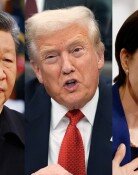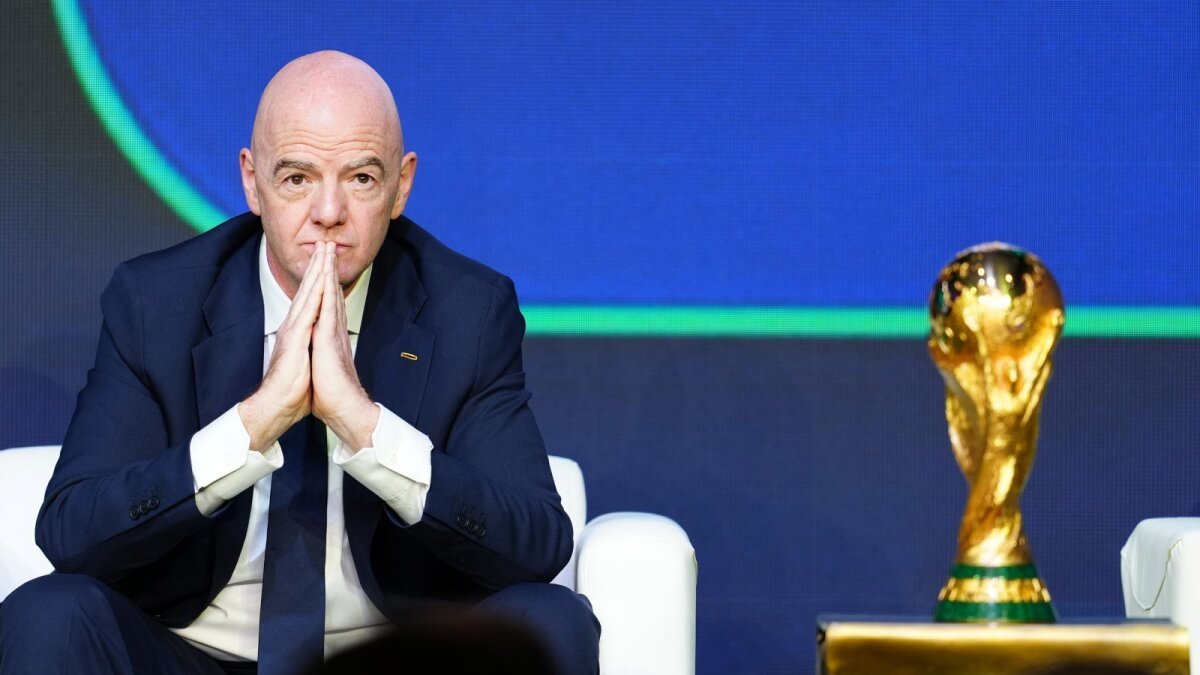Injecting 800 Billion Won a Day to Retract Remarks
Injecting 800 Billion Won a Day to Retract Remarks
Posted May. 19, 2005 23:37,
The Bank of Korea made yet another mistake after shaking the international financial market with a report on The Diversification of Currencies for Investment Destinations at the end of February.
Park Seung, the governor, caused the problem this time. The British daily financial newspaper Financial Times (FT) reported on May 18 after an interview with Mr. Park, The Bank of Korea would not intervene further in the foreign exchange markets. This created fluctuations in foreign markets in New York and Seoul.
What Caused It?
I believe that we now have sufficient reserves to secure our national credibility, so I do not anticipate increasing the amount of foreign reserves further, Mr. Park said in the interview.
The FT interpreted his remark as saying the BOK would be reluctant to intervene in the foreign exchange market, with a title of South Korea Rules out Further Currency Intervention, which made headlines for the Asian edition on May 19.
It was also reported on the online version as breaking news. His comments reached the New York foreign exchange market at 2:00 p.m. (local time) on May 18, and caused a decrease in the won-dollar non-deliverable forward (NDF) from 1,004~1,005 won to 996 won per dollar.
His comments also pushed the won up sharply against the dollar in U.S. trading on Wednesday, and it plummeted by 5.7 won to 999.5 immediately after the local market opened on Thursday.
On the same day, the Bank of Korea retracted its comment that it did not plan to intervene further in the foreign exchange markets, after precipitating a sharp fall in the U.S. dollar overnight. Foreign exchange dealers suspected about $800 million to $900 million have been injected into the market, meaning reversing Parks remarks has cost roughly 800 billion won.
Thats Unfair, Says the Bank of Korea
The Bank of Korea argued that the FTs emphasis on one part of Parks remarks led to the problems. One official of the bank, who was at the interview, said, The governor did not directly link the foreign reserves with market intervention. Instead he said, The amount of current surplus is decreasing, so the amount of the foreign reserves is not likely to rise.
Governor Was Too Glib, Views the Financial Market-
Despite explanations from the Bank of Korea, few financial market officials argued against the criticisms regarding Mr. Parks loose-lipped remarks.
At an interview with Reuters on May 18, Mr. Park said, I hope the overnight interest rates do not go up as a result of an economic downturn. It is unthinkable for the governor of the Bank of Korea, who is also the Monetary Policy Committee Chairman, to directly mention the level of overnight interest rates.
Professor Stephen Cecchetti at Brandeis University in the U.S. introduced the example of Alan Greenspan, the chairman of the Federal Reserve Board, in a column entitled, Central Bankers Have to Practice Silence in the Financial Times.
One day, a journalist asked about the foreign exchange value of the dollar. After being assured more than once that the session was indeed off the record, Mr. Greenspan responded: "No comment."
Kyung-Joon Chung Jong sik Kong news91@donga.com kong@donga.com







